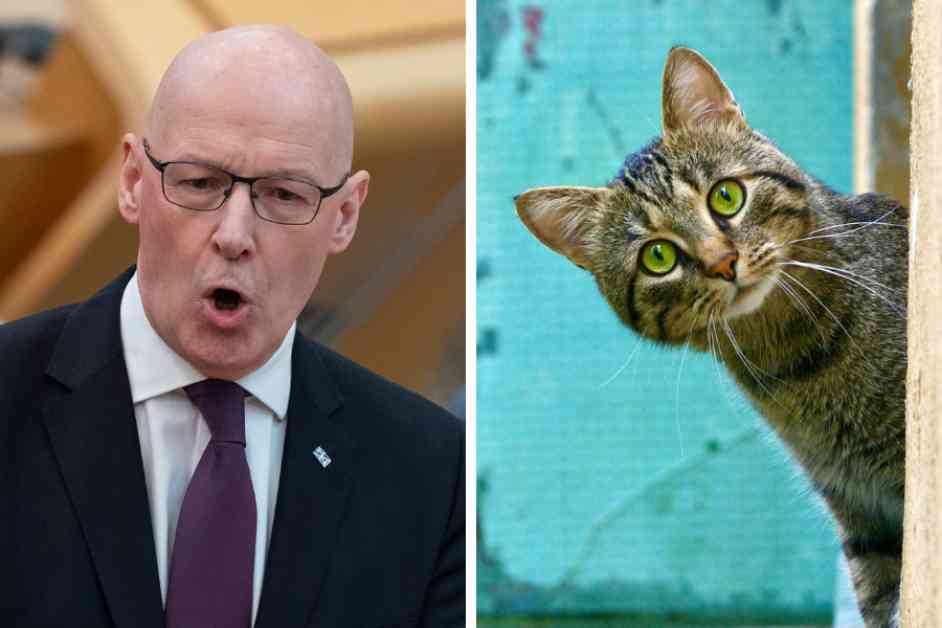First Minister John Swinney of Scotland recently addressed rumors regarding a potential ban on cats in the country. The speculation stemmed from media reports suggesting that the Scottish National Party (SNP) was considering restrictions or a ban on household cats to protect birds and wildlife. Despite alarming headlines from various news outlets, Swinney unequivocally denied any plans to implement such measures during a press briefing on Monday.
Swinney clarified the situation, emphasizing that the government had no intention of banning or restricting cats. The controversy arose following the circulation of a report by the Scottish Animal Welfare Commission (SAWC), which explored the impact of allowing domestic cats to roam freely on local wildlife. The report recommended evaluating containment measures, such as keeping cats indoors or on leashes, to reduce predation on vulnerable species.
Expert Insights on Wildlife Conservation
Wildlife experts and conservationists have long been concerned about the detrimental effects of domestic cats on local ecosystems. Dr. Jane Smith, a wildlife biologist specializing in avian conservation, explained, “Free-roaming cats pose a significant threat to bird populations, particularly in areas with fragile ecosystems. Implementing measures to limit their impact can help safeguard vulnerable species and promote biodiversity.”
The SAWC report highlighted the need for further research on the advantages and disadvantages of establishing cat containment areas in specific regions. By defining vulnerable areas, addressing welfare concerns for both domestic and feral cats, and considering seasonal factors, policymakers aim to strike a balance between wildlife conservation and animal welfare.
Public Reaction and Policy Implications
The prospect of cat bans or restrictions sparked a mix of reactions from the public and political figures. Social media platforms buzzed with debates over the ethical implications of limiting cats’ freedom versus protecting wildlife. Comedian Sarah Johnson tweeted, “As a cat lover, I’m torn between my furry friends and the need to preserve our natural habitats. It’s a tricky situation that requires careful consideration.”
While some environmental advocates supported the idea of cat containment areas, others raised concerns about the practicality and enforcement of such measures. Local councils and wildlife organizations are now grappling with the policy implications of the SAWC report, weighing the potential benefits for biodiversity against the logistical challenges of implementation.
In conclusion, the debate over cat bans in Scotland underscores the complex interplay between animal welfare, wildlife conservation, and human responsibility. As policymakers navigate these delicate issues, the public’s input and expert guidance will be crucial in shaping sustainable solutions that balance the needs of all stakeholders involved.












